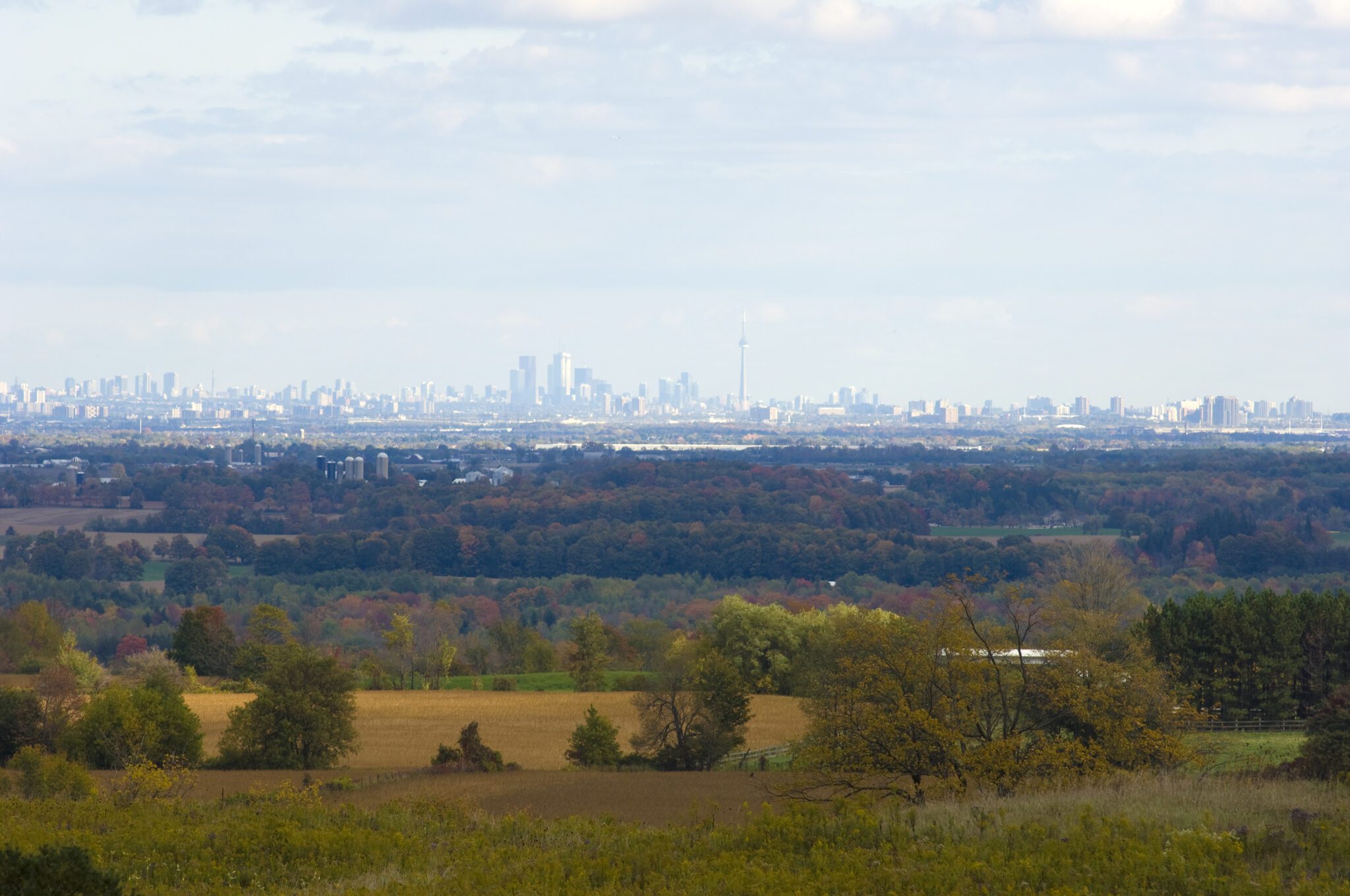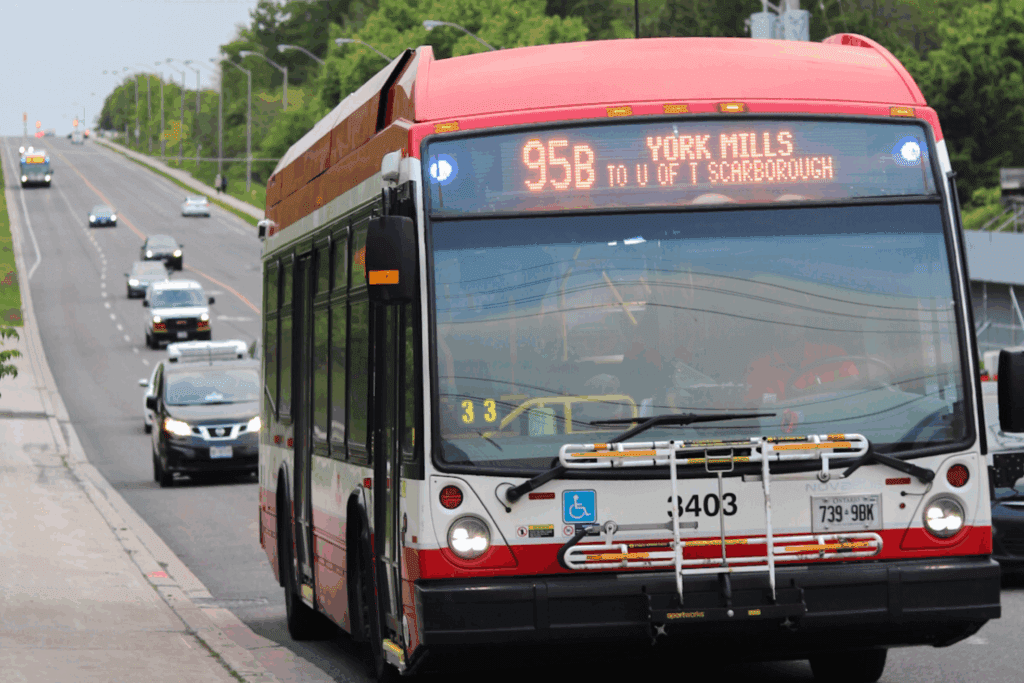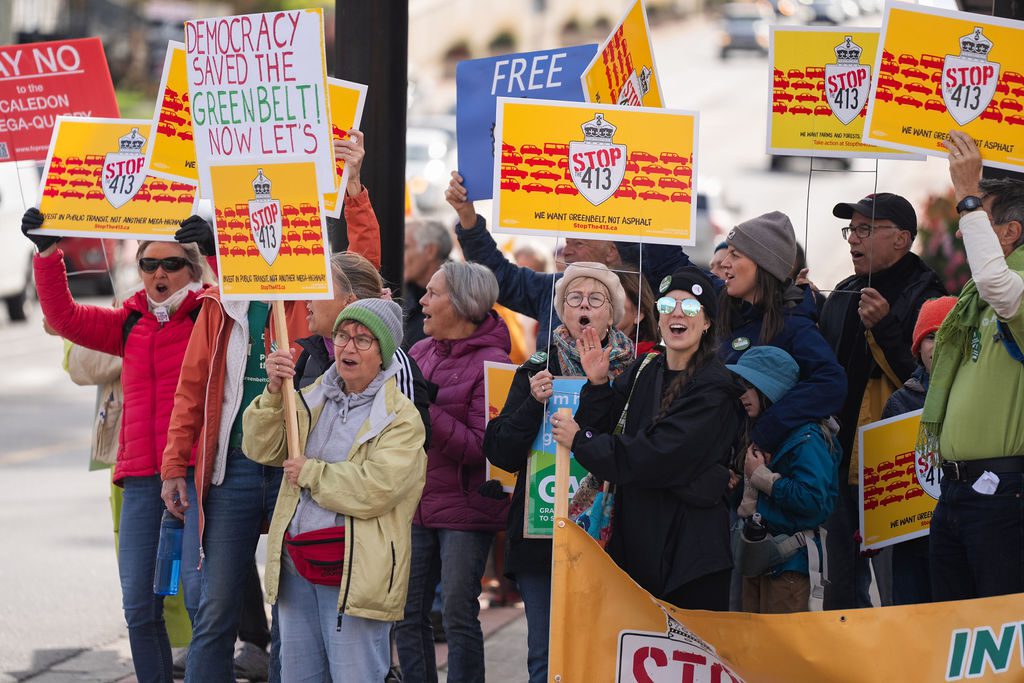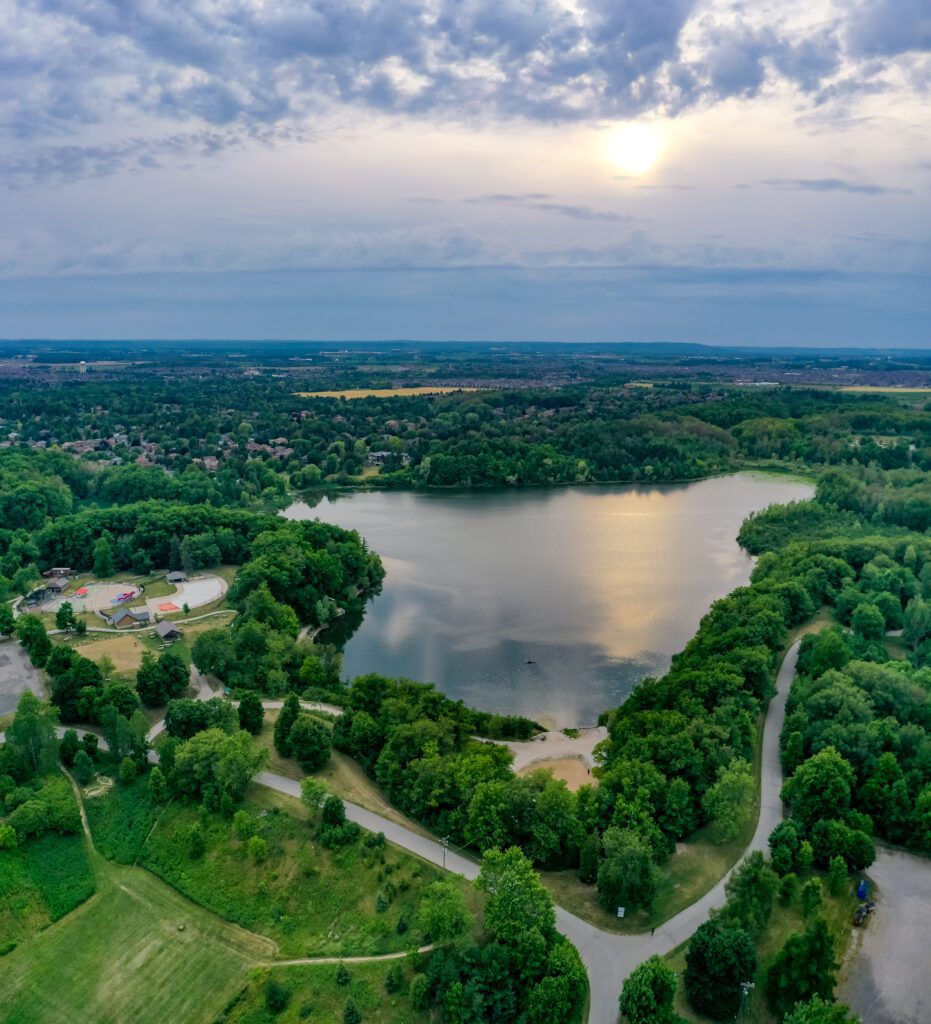This is a guest blog by Democracy Caledon.
Democracy Caledon is a collective of proactive people deeply committed to restoring good governance in their municipality. Their focus is on advocating for responsible local and regional governance that serves the best interests of all residents.
Caledon is known as the green gem of the Greater Toronto Area. Home to the Niagara Escarpment, the Oak Ridges Moraine, the Greenbelt, prime agricultural land and headwaters for both the Humber and Credit Rivers, it attracts hikers and skiers, cyclists, equestrians, fishing enthusiasts and people who want a rural or small-town experience. It’s also home to 80,000 residents.
Then there is Caledon’s alter ego: a vast expanse of “undeveloped” land on Brampton’s urban fringe. Land worth billions of dollars to developers intent on stripping the topsoil, razing heritage farmhouses and sawing down beautiful old trees to make way for trucking facilities and housing. This development threatens to permanently neuter some of the best farmland in Canada and upend the community’s decades-long, carefully orchestrated approach of modest, carefully-planned growth that complies with Ontario’s need for affordable housing and employment while maintaining Caledon’s social, economic and environmental integrity.

And that, philosophically, is why Democracy Caledon, a residents’ group focused on civic engagement and advocacy for responsible land-use planning and environmental protection, has been driven to call upon the Ontario Superior Court of Justice.
Technically, Democracy Caledon is taking legal action due to the Town government’s June 2024 decision to “pre-zone” 5,000 acres of mostly prime agricultural land for 35,000 housing units (three times what Caledon is required to build to meet Ontario’s housing goal of 1.5 million new homes by 2031) across 12 new urban development areas. Democracy Caledon argues that Caledon Council’s approval of the 12 zoning bylaws does not conform with its own Official Plan nor with Peel Region’s. Lawyers acting for Democracy Caledon state the approval of the bylaws pertaining to this land can be quashed for “illegality” under section 273 of the Municipal Act.

According to Minister of Municipal Affairs and Housing Paul Calandra, the Region of Peel and the Toronto and Region Conservation Authority, the “pre-zoning” approved by Caledon Council is premature. Legal and planning experts advised Democracy Caledon that pre-zoning is an end run around the normal sequence of tried-and-true planning steps. It rezones the land before developers have completed environmental studies or forecasted the availability and costs associated with public infrastructure. Therefore, the Town Council’s action is arguably irresponsible and could be devastating for taxpayers.

Democracy Caledon says Caledon Council’s actions are undemocratic and residents agree. Recent polling commissioned by the group found strong community opposition to the bylaw decision, with six of ten respondents expressing discontent. Eight of ten believe the rezoning approved by the Town Council is irresponsible. The concerns of citizens are no doubt fueled by Town Council’s poor public notice of its proposed plan to rezone, inadequate information provided to residents, unhelpful and occasionally misleading public information sessions and a seeming disregard for residents’ concerns. Residents’ concerns were heightened when Caledon Mayor Annette Groves scheduled the vote for the rezoning for the last week of June 2024 after making a public promise to not hold it during the busy summer months.
Democracy Caledon President Debbe Crandall says this legal action “aims to protect not just farmland and greenspace, but the well-being and wallets of our community, at the same time as supporting the urgent need for affordable housing in Caledon.” On behalf of Democracy Caledon, Crandall emphasizes the “need to protect the democratic process since it was badly eroded by the Town Council’s decision on the 12 zoning bylaws.”
For more information, visit Democracy Caledon.








